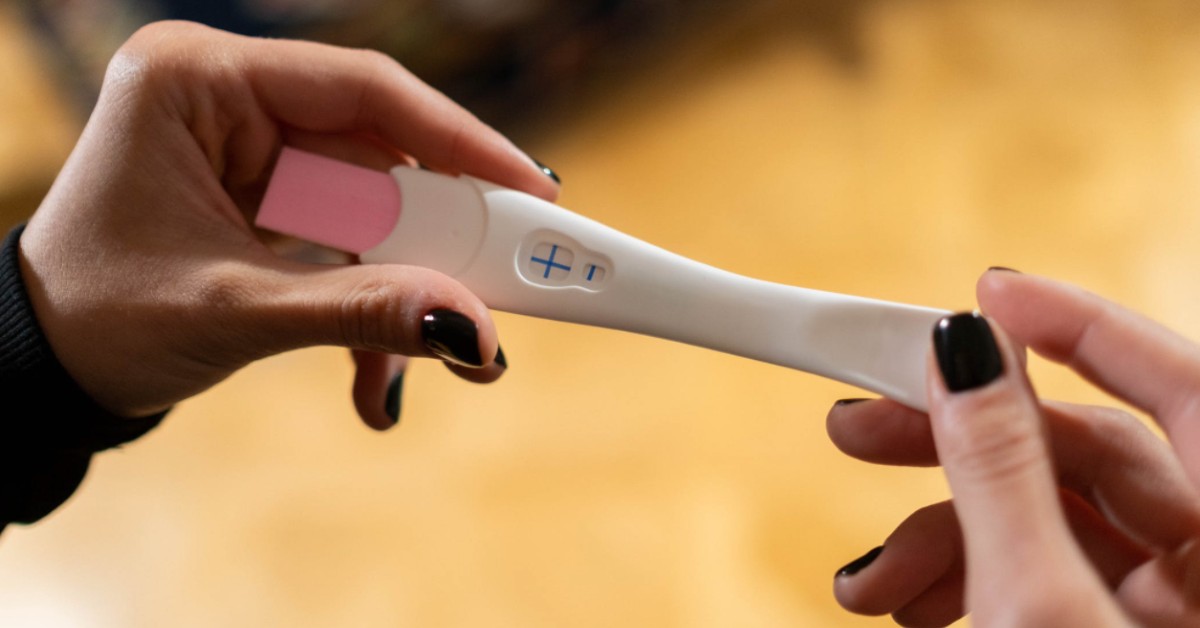FDA approves first over-the-counter birth-control pill

In a significant milestone, the US Food and Drug Administration (FDA) has given its nod for the over-the-counter availability of the birth control pill, Opill. This makes it the first ever nonprescription birth control pill in the history of the United States. The unprecedented approval signifies a shift towards increasing the accessibility and convenience of contraception for millions of people across the country.
Dr. Patrizia Cavazzoni, the director of the FDA’s Center for Drug Evaluation and Research, acknowledged this landmark approval and the impact it is expected to have on unintended pregnancy rates. In her statement, Dr. Cavazzoni underscored the fact that when used correctly, daily oral contraception is not only safe but also expected to be more efficacious in preventing unintended pregnancies than other nonprescription contraceptive methods currently available in the market.
The approved pill, Opill, falls under the category of “mini-pills”, which implies that it uses only the hormone progestin. Unlike combined oral contraceptives that employ a combination of estrogen and progestin, mini-pills like Opill contain progestin alone. This specific hormone plays a key role in preventing ovulation and increasing cervical mucus to deter sperm from reaching the egg.
The FDA’s approval of Opill for over-the-counter availability offers a potential game-changer in the realm of family planning and contraception. The ease of access provided by this nonprescription option could effectively reduce barriers to obtaining birth control, increasing its use and, by extension, potentially reducing the rate of unintended pregnancies.
Nevertheless, while this approval marks a significant step forward, it’s also important to recognize that it is just one part of the broader discussion surrounding reproductive health and rights. Other factors, including comprehensive sex education and access to affordable healthcare, are equally crucial to ensure a comprehensive and effective approach to sexual and reproductive health.
In conclusion, the FDA’s approval of Opill as the first nonprescription birth control pill in the United States is a substantial advancement in expanding access to contraception. As Opill enters the market, it holds the promise of transforming the landscape of reproductive healthcare and fostering greater autonomy and control for individuals over their reproductive choices.

